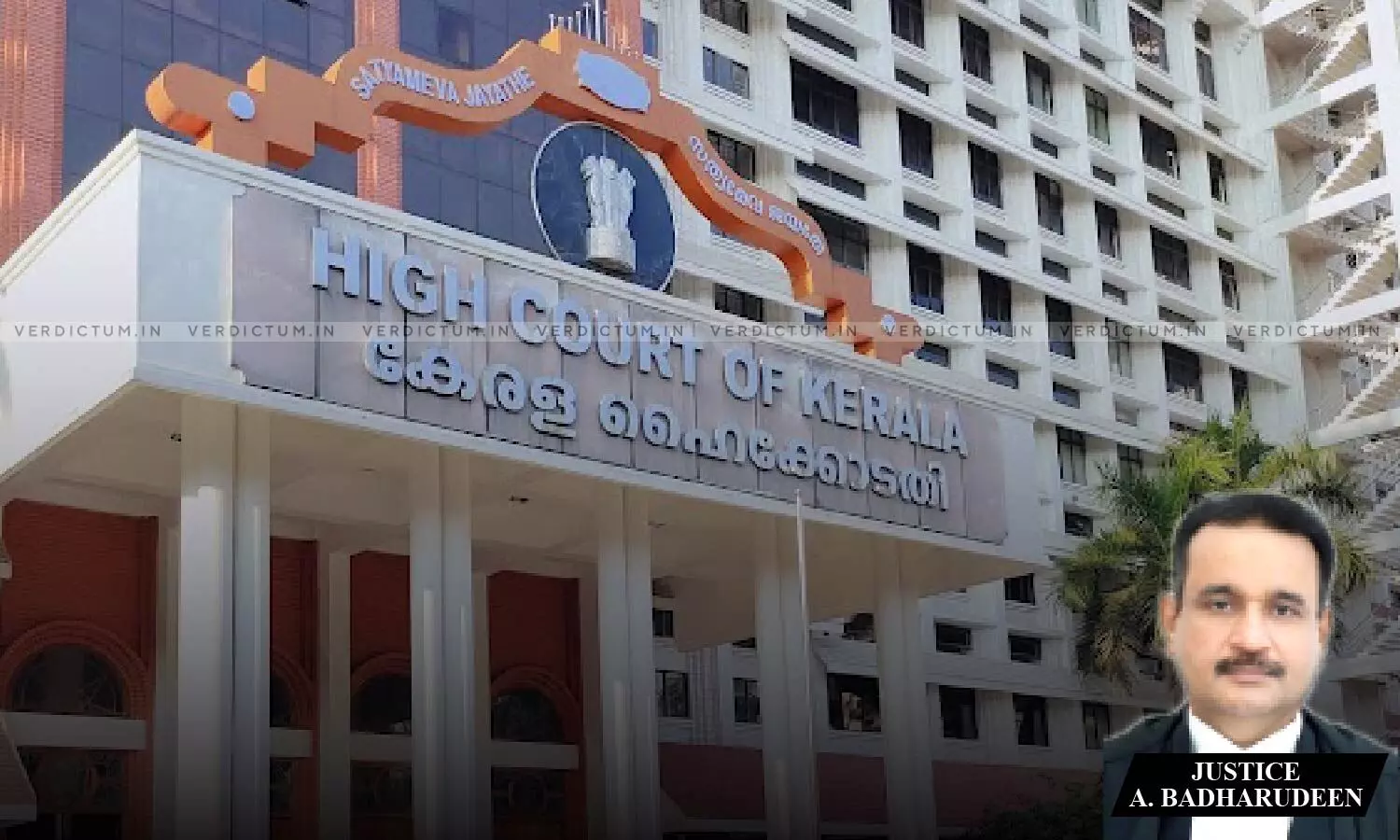
Man Falsely Implicated By Woman To Get Money Back: Kerala HC Quashes Rape Charges Following A Settlement
 |
|The Kerala High Court quashed criminal proceedings after a settlement between the complainant and a man she accused of rape, noting that the woman falsely implicated the man to get her money back.
The Bench, noting the seriousness of the offence of rape, clarified that not quashing such cases was not a “hard and fast rule.” The Court further explained that considering the “dubious circumstances” of the case presented by the prosecution, there was no material on record to sustain the charges.
A Single Bench of Justice A. Badharudeen observed, “It is true that offence under Section 376(2)(n) of the IPC, is a serious offence warranting punishment upto life imprisonment and in such cases, merely acting on the affidavit filed by the de facto complainant or on the socalled consent extracted from the circumstances, which would require proof by evidence, case could not be quashed. However, the same is not a hard and fast rule to apply in almost all cases, where offence punishable under Section 376 of the IPC is alleged without support of sufficient materials and the materials available also would throw light to dubious circumstances to disbelieve the prosecution case in toto.”
Advocate Anil K.Muhamed represented the petitioner, while Sr. P.P. Renjit George appeared for the respondents.
The criminal case accused the petitioner of offences under Sections 376(2)(n), 420, and 506 of the IPC. The prosecution alleged that the petitioner committed the alleged offences to satisfy his lust with the intention of misappropriating the complainant’s money. It was also alleged that the petitioner promised to marry the complainant and borrowed money from her.
During the proceedings, the petitioner stated that the complainant had filed an affidavit in view of a settlement between the parties and expressed no further grievances. It was also argued that there was no evidence that the petitioner had committed rape against the complainant since the rape case was registered when the petitioner filed a criminal case against the complainant alleging the commission of offences punishable under Sections 451, 324 and 294(b) of the IPC.
The Court stated, “Court owes a duty to look into the other attending circumstances, over and above the averments to see whether there are materials to indicate that a criminal proceeding is manifestly attended with mala fides and proceeding instituted maliciously with ulterior motives.”
Therefore, the Bench held that once it was established that the criminal proceedings were initiated maliciously with ulterior motives, the criminal proceedings were liable to be quashed.
“Thus, going by the facts involved, it could be gathered that nonreceipt of money by the accused…and registration of crime against the de facto complainant…are the substratum…Thus, going by the materials on merits, false implication for the purpose of getting back the money could be gathered. Even otherwise, the relationship, if any, is to be held as consensual one, since the promise of mariage from a married man, having wife and children, is a matter of serious concern, in the facts of this case. Therefore, by applying the principle holding the view that, in an exceptional case, even criminal proceedings alleging commission of offence punishable under section 376 of the IPC also to be quashed,” the Court remarked.
Consequently, the Court noted, “The legal position is clear that quashment of criminal proceedings can be resorted to when the prosecution materials do not constitute materials to attract the offence alleged to be committed.”
Accordingly, the High Court allowed the petition.
Cause Title: Sakeer v. State of Kerala & Anr. (Neutral Citation: 2024:KER:44471)
Appearance:
Petitioner: Advocates Anil K.Muhamed, Krishnakumar G. and Ajin Salam
Respondents: Sr. P.P. Renjit George